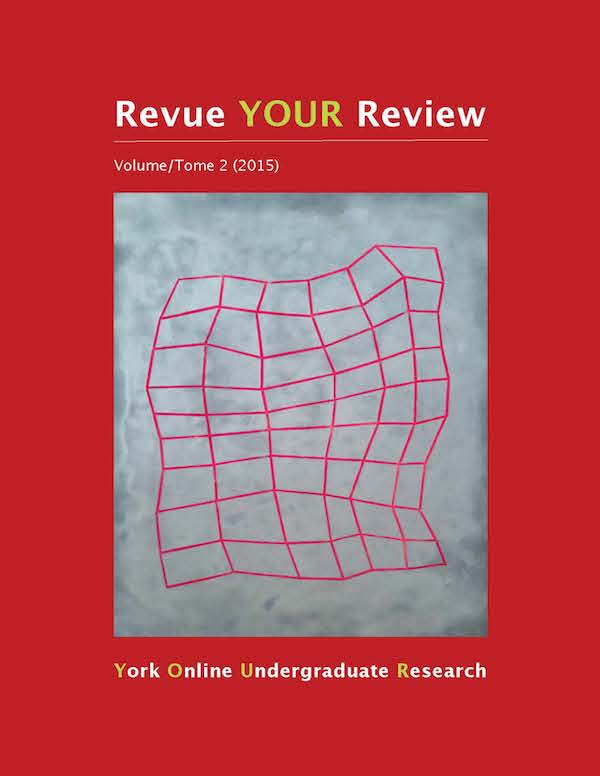The Youth and Law Project
Résumé
As children grow older, their birthdays not only mark the completion of another year of life, but can also deem them legally able to participate in certain aspects of society, such as voting or driving, according to Ontario’s age-based laws. In this project, I explore the views and perspectives of four children, aged 12-15, on some of the age-based laws in Ontario. In order to inform my research on children’s perspectives toward age-based laws, I have drawn on texts that discuss the origin of these laws, and differing perspectives toward the chosen ages for certain laws. Through informal interviews and discussions, I have gained an understanding as to whether the participants view these laws as a form of protection, or a denial of their participation in society, if a particular age-based law has more relevance to the participants, and whether they feel certain legal ages should be reassessed. The collected data have been analyzed using articles in the United Nations Convention on the Rights of the Child, in order to assess whether the participants feel age-based laws are a way for the government to protect or deny children of their rights. Ontario’s age-based laws may positively or negatively implicate the lives of children, and it is vital that such implications are analyzed through research with children.
Téléchargements
Comment citer
Numéro
Rubrique
Licence
Les auteurs qui contribuent à la Revue YOUR Review acceptent de publier leurs articles selon une des trois catégories de la licence 4.0 : Creative Commons Attribution 4.0 International; Creative Commons Attribution-Pas d'Utilisation Commerciale 4.0 International; ou Creative Commons Attribution-Pas de Modification 4.0 International. Tout contenu éditorial de ce site ainsi que les affiches et les résumés sont sous la licence Creative Commons Attribution-Pas de Modification 4.0 International. Pour plus d’informations, veuillez voir :
https://creativecommons.org/licenses/
Dans tous les cas, les auteurs conservent leurs droits d’auteurs et concèdent à la Revue YOUR Review le droit de première publication. Les auteurs peuvent, par la suite, conclure d’autres accords de distribution non exclusifs de la version publiée dans ce périodique (par exemple, l’afficher à un dépôt institutionnel ou le publier dans un livre ou dans un autre périodique) à condition que la reconnaissance fasse mention de la publication originale dans la Revue YOUR Review.


